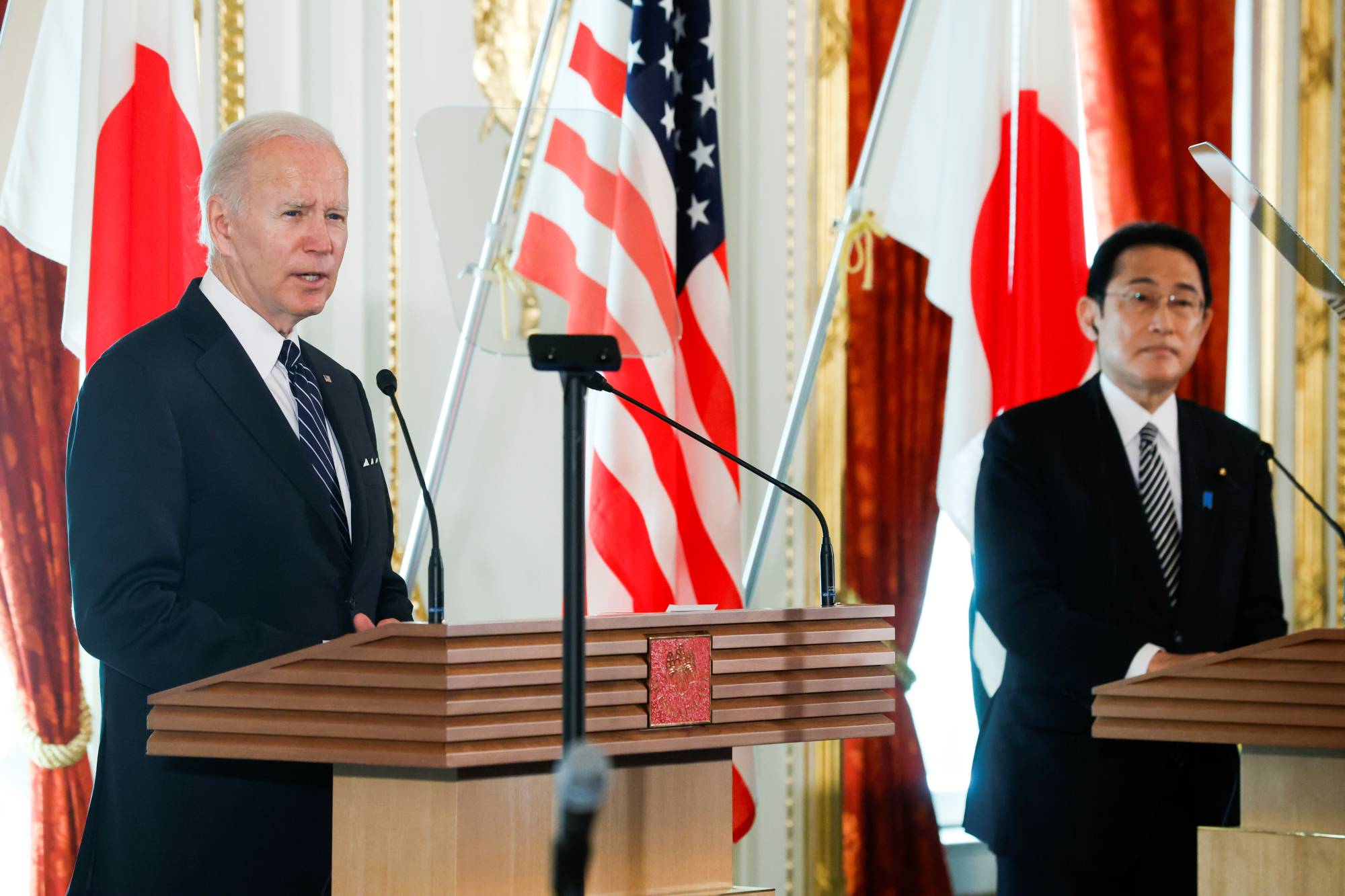It’s helpful to remember that U.S. alliances in Northeast Asia were, as Georgetown University’s Victor Cha explained in his important book “Powerplay,” set up amid a warming Cold War, to keep those potentially pesky partners under Washington’s control.
Officials worried that those governments would try to settle scores — most often reuniting divided countries — and ensnare the U.S. in those efforts, risking World War III.
Today, the U.S. is pushing allies to contribute more to regional security, but the successful evolution of the Indo-Pacific security architecture requires more than larger defense budgets. It demands that the U.S. genuinely empower its allies, to allow them to take more responsibility for key decisions — and risk U.S. entanglement in their concerns.



















With your current subscription plan you can comment on stories. However, before writing your first comment, please create a display name in the Profile section of your subscriber account page.